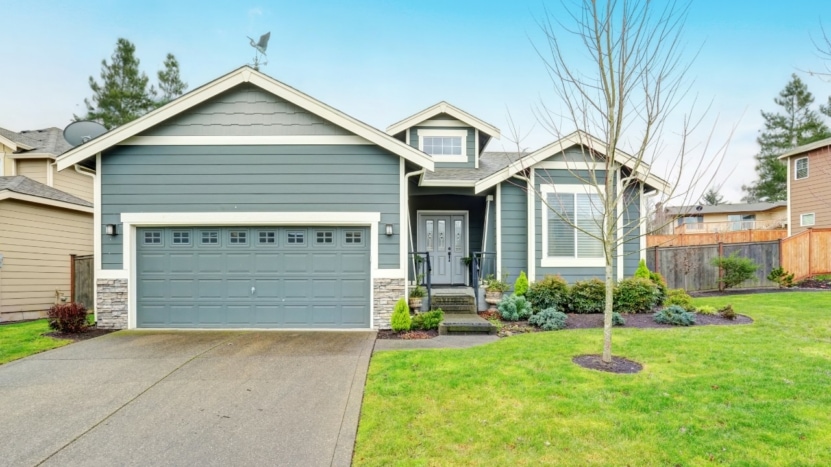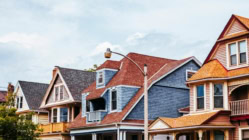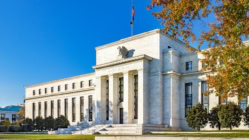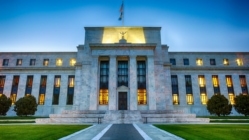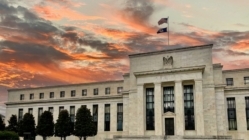America has not been this contentious or polarized since the Civil War – as most readers know.
Many people blame social media for this polarization. The ability to post online without being face-to-face and the ability to post anonymously – seems to foster much more contentious and polarizing discourse.
In addition, the rise of social media has forced traditional media sources to align with various sides in order to retain viewers – so traditional media is now far more polarizing for pure survival.
“We Watch the Same Things but See Two Different Movies”
What is really fascinating is how the right and the left are now so polarized that they can witness the exact same events but see two entirely different movies in their minds (a concept I borrowed from a social observer, who will remain nameless because he is a bit controversial).
Last night’s debate between Governors DeSantis and Newsom is case in point. I checked X (formerly Twitter) this morning to see who “won,” and everyone who leans right was saying that “DeSantis absolutely crushed Newsom,” and everyone who leans left was saying “Newsom absolutely crushed DeSantis,” and … I had a good laugh.
The Macro Guys Blame Something Else for Our Internal Hatred
Many of the macroeconomic analysts I follow do NOT blame social media though for our polarization. They blame wealth inequality – as it is now worse than ever, with the “have-nots” falling farther and farther behind the “haves,” and the “have-nots” are justifiably angry.
And the reason for our wealth inequality is cheap and/or loose money – resulting from very low interest rates, money printing and/or quantitative easing.
We have seen all of those phenomena play out in spades since the 2008 housing crisis, as the wealth divide grew faster than ever before.
The founder of Real Vision, Raoul Pal, explains it in this Julia La Roche podcast: Raoul Pal: Get Ready For ‘Macro Summer’—Falling Rates, Falling Inflation, And Growth Picking Up.
I don’t agree with everything, but his explanation about why asset prices have gone through the roof at the beginning of the interview is excellent and fascinating (as always, I highly recommend watching). He explains how we are so mired in debt that the Fed has to push rates extremely low simply to keep the economy afloat over and over in “cycles,” and these extremely low rates (and/or “loose money”) push up asset prices. So, the people with assets (the “haves”) benefit hugely, while the “have-nots” get further and further behind. He thinks tech stocks and crypto are the best assets to own to benefit from cheap money, but other analysts (like Jason Hartman) believe those assets can easily get “overbought” and that other assets may be better bets.
Equally interesting is Patrick Bet-David’s concern about a Reverse Market Crash (I am linking to a short video where he explains how everyone rooting for lower interest rates is really rooting for social unrest). This is because very low rates in the face of a housing shortage will push values through the roof – making homeowners that much wealthier, while pushing non-homeowners that much farther behind. Patrick is actually rooting for his own home to FALL in value, as he fears that very low rates will force real estate to crash UP (hence the term “reverse market crash”) and out of reach of too many “have-nots.”
As an aside, Brent Johnson has expressed similar concerns about the stock market crashing “up” in the face of currency crises, as everyone pours money into stocks to avoid being stuck in collapsing currencies.
Long story short – mortgage rates are very likely to fall again for a variety of reasons, including a looming recession and the need to push rates very low just to keep the economy afloat – and that will very likely push home values much higher, given our overall housing shortage (much like what we have seen play out since 2012 and especially since 2020, when mortgage rates dipped to record lows).
Further, the Fed will likely be forced to be in full-on “print” mode for years to come in order to “monetize” (pay off with printed money instead of tax revenues) our massive government debt load – and that onslaught of new money will push asset prices up that much higher.
So, this is how all this relates to housing. Everyone who can buy a house, should buy a house – to avoid being one of the have-nots who will be left behind. Housing is and always has been an excellent inflation hedge that benefits hugely from low-rate policies to boot.
And owning a home remains one of the best ways for many to always be a “have.”

